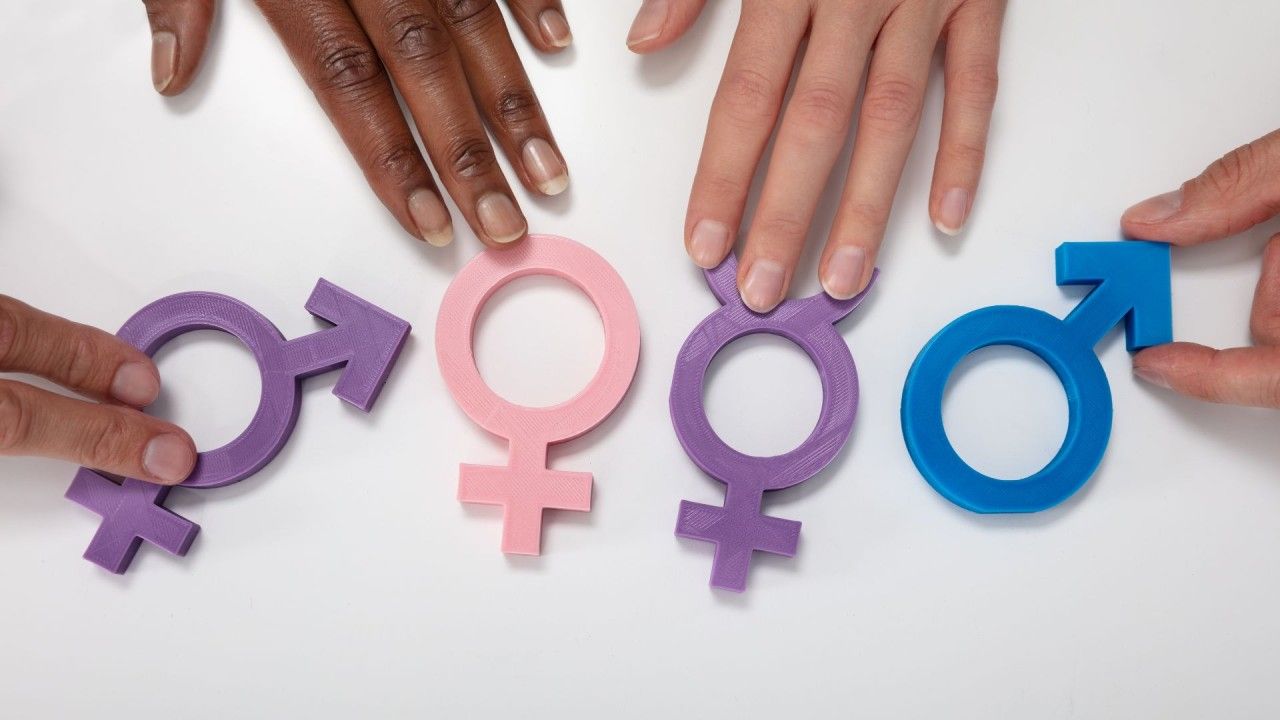Sexual education in schools has long been a topic of debate, but its importance cannot be overstated. In an era where access to information is abundant yet often unfiltered and misleading, formal sexual education in schools plays a crucial role in providing accurate, comprehensive, and age-appropriate information to students. From promoting healthy relationships to preventing sexually transmitted infections (STIs) and unplanned pregnancies, sexual education equips young people with the knowledge and skills necessary to make informed decisions about their sexual health and well-being. Let’s delve into the main benefits of sexual education in schools.
Promoting Healthy Relationships

One of the primary benefits of sexual education in schools is its role in promoting healthy relationships. By teaching students about consent, communication, and respect, sexual education empowers them to establish and maintain healthy relationships based on mutual understanding and trust. Understanding concepts such as boundaries, consent, and healthy communication early on can contribute to the prevention of relationship violence and abuse later in life. Also, students can learn healthy options like a clit vibrator and other toys to make their sexual life better.
Preventing Sexually Transmitted Infections (STIs)
Sexual education programs provide students with essential information about sexually transmitted infections (STIs), including how they are transmitted, how to prevent them, and where to seek help if needed. By educating students about the importance of safer sex practices such as condom use and regular STI testing, sexual education plays a vital role in reducing the spread of STIs among young people. It also helps dispel myths and misconceptions surrounding STIs, thereby reducing stigma and encouraging individuals to seek testing and treatment when necessary.
Reducing Unplanned Pregnancies

Unplanned pregnancies can have significant consequences for individuals and communities alike, affecting educational attainment, economic stability, and overall well-being. Sexual education equips students with the knowledge and skills to make informed decisions about contraception, family planning, and pregnancy prevention. By providing information about various contraceptive methods, including their effectiveness and potential side effects, sexual education helps reduce the incidence of unplanned pregnancies and supports young people in making responsible choices about their reproductive health. After all, youths can be aware of “what is a sexologist?” and other important information.
Empowering Informed Decision-Making
Sexual education empowers young people to make informed decisions about their sexual health and well-being. By providing accurate information about anatomy, puberty, sexuality, and reproductive health, sexual education equips students with the knowledge they need to navigate complex issues related to sexuality and relationships. This knowledge enables students to recognize and respect their own boundaries and those of others, make choices aligned with their values and preferences, and assert their rights in sexual encounters.
Fostering Gender Equality and LGBTQ+ Inclusivity

Comprehensive sexual education promotes gender equality and LGBTQ+ inclusivity by challenging traditional gender norms and stereotypes and acknowledging the diversity of sexual orientations and identities. By addressing topics such as gender roles, sexual orientation, and gender identity, sexual education fosters a more inclusive and accepting school environment where all students feel seen, valued, and respected. It also helps combat discrimination and prejudice based on gender or sexual orientation, promoting a culture of diversity, equity, and inclusion.
In conclusion, sexual education in schools offers numerous benefits that extend far beyond the classroom. By promoting healthy relationships, preventing STIs and unplanned pregnancies, empowering informed decision-making, and fostering inclusivity, sexual education plays a crucial role in supporting the sexual health and well-being of young people. As such, it is essential to prioritize comprehensive sexual education programs that provide students with accurate, age-appropriate information and equip them with the knowledge and skills they need to navigate the complexities of sexuality and relationships in today’s world.





